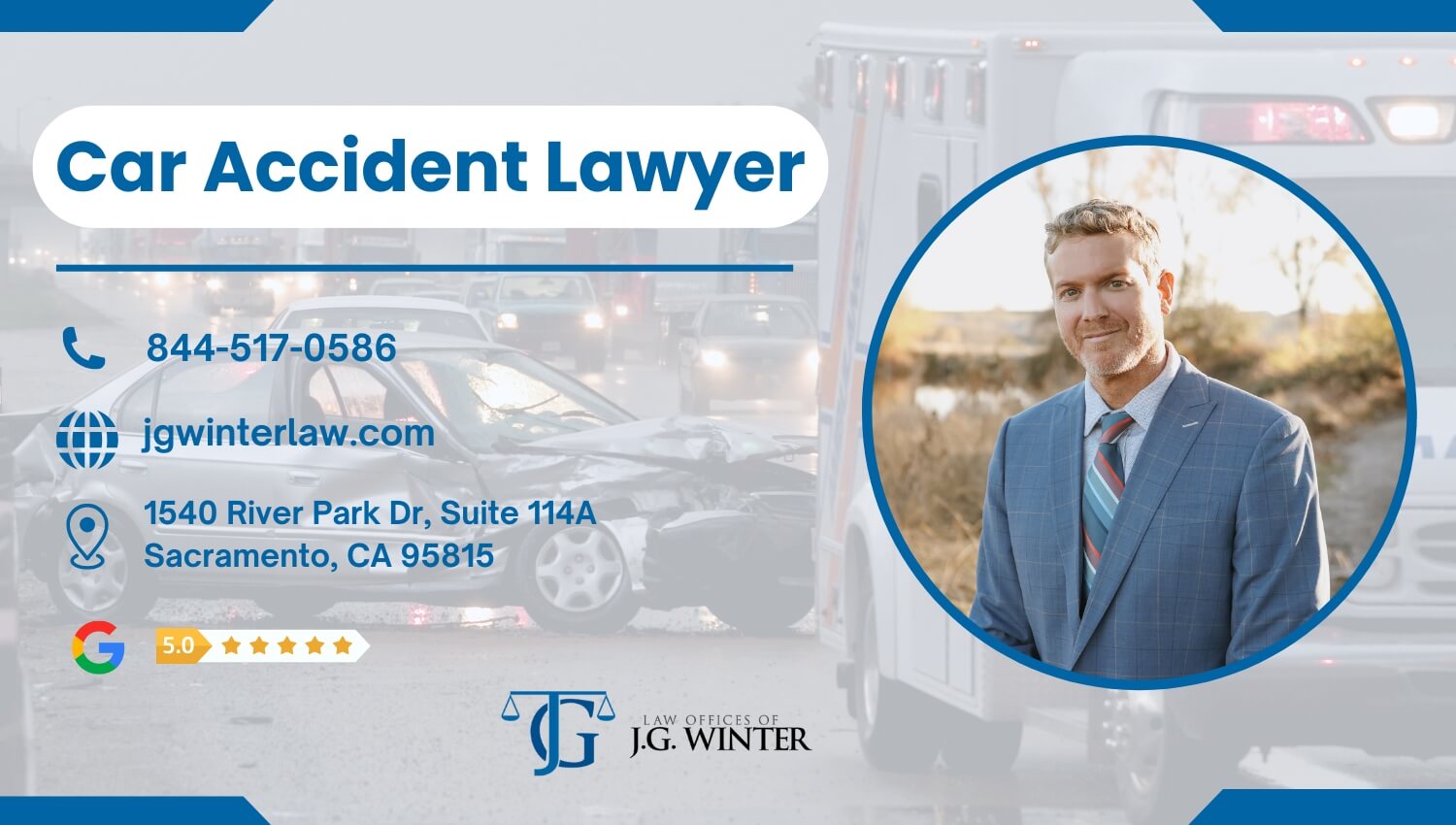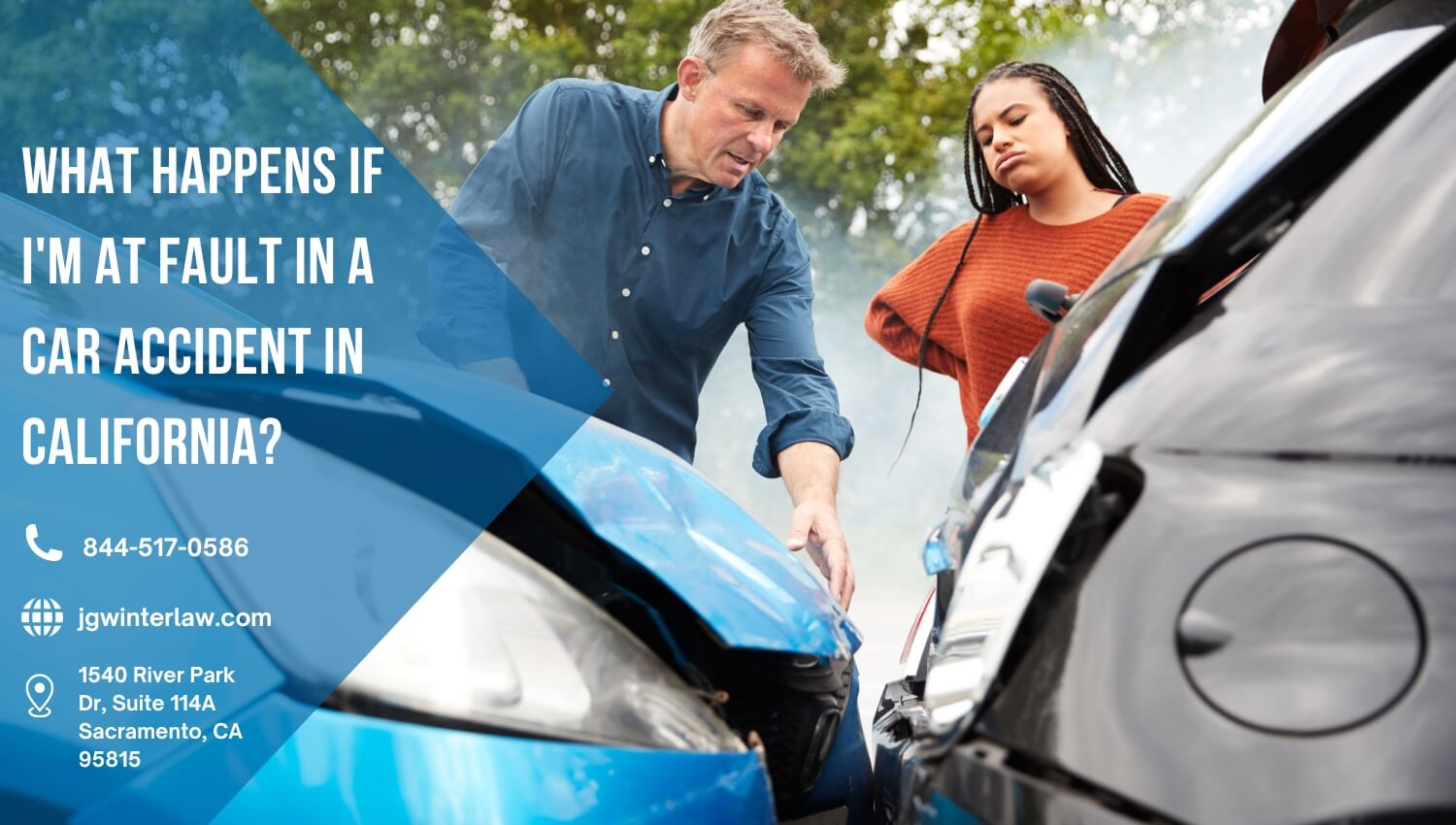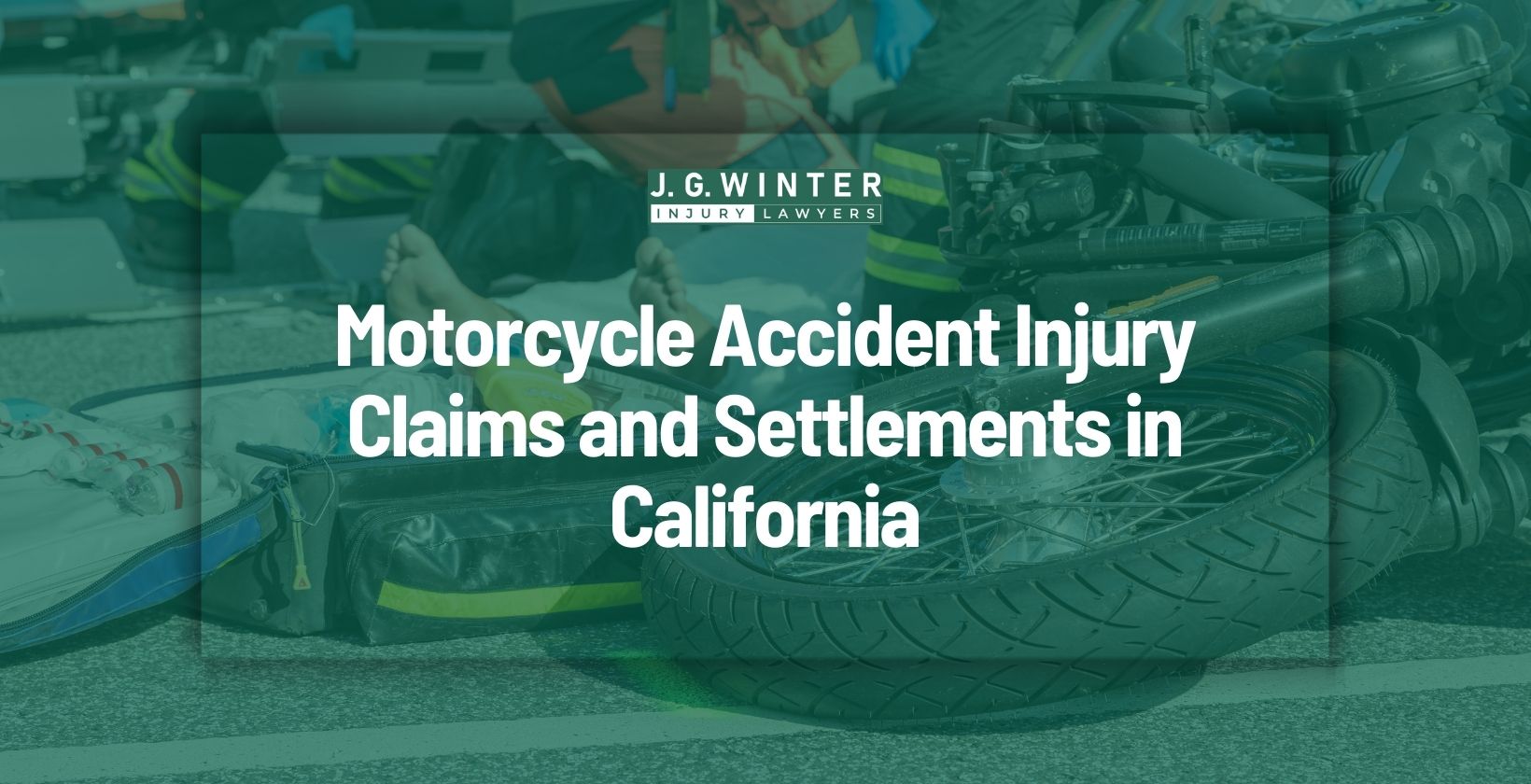Facing the question, “What happens if I’m at fault in a car accident in California?” can feel overwhelming. If you’re at fault in a car accident in California, you are generally responsible for covering the damages caused to others. California follows a “pure comparative negligence” rule, meaning you may still recover damages even if partially at fault, but your compensation will be reduced by your percentage of fault. Additionally, your insurance premiums may increase. So, what does it mean?
Many drivers need clarification about the fault determination process and how it affects personal injury claims and the insurance claim process. This article will clarify what being at fault means, including your driver responsibilities after an accident and the challenges you may face. By the end, you’ll have a clearer understanding of what to expect.
Understanding fault in California car accidents
Understanding fault is vital for California drivers, as it directly impacts how accidents are handled and the associated legal responsibilities.
Is California a fault state?
Yes, California operates as a fault state, meaning the driver responsible for causing an accident is liable for covering the resulting damages. This contrasts with no-fault states, where each driver’s insurance handles their own expenses, regardless of fault. Under California law, victims can pursue compensation for damages by filing personal injury claims against the at-fault driver’s insurance. Understanding this distinction is crucial for drivers, as it clarifies both their rights and obligations after a collision.
Types of fault and liability
Common causes of accidents include distracted driving, speeding, and driving under the influence. Liability can be determined through various factors, such as traffic laws, witness statements, and accident scene documentation. Here’s a quick overview of the types of fault and liability in California:
- Personal liability: One driver is fully responsible for all damages.
- Shared liability: Both drivers are at fault, but each covers their damages.
- Comparative negligence: Fault is divided by percentage, impacting compensation amounts.
- Strict liability: Certain actions, like DUI, automatically make a driver liable for damages.
Immediate actions after being at fault in an accident
Knowing the right steps can help you manage the situation effectively and protect your interests if you are at fault in an accident.
At the accident scene
When you’re involved in an accident, your immediate actions are crucial. Follow these steps:
- Ensure safety: Check for injuries and ensure everyone is safe. Move to a secure location if possible.
- Call emergency services: Contact the police and medical assistance if there are injuries.
- Do not admit fault: Avoid discussing fault at the scene; focus on safety and gathering information.
- Exchange information: Share your contact and insurance details with the other driver(s) involved.
- Notify your insurance: Report the accident to your insurance provider immediately.
These steps help ensure everyone’s safety and set the stage for proper handling of the accident.
Documentation and evidence collection
Gathering evidence after an accident is vital for your protection. Here’s what to focus on:
- Take photographs: Capture clear images of the accident scene, including vehicle damage, traffic signs, road conditions, and any other relevant details.
- Witness information: Collect names and contact details of any witnesses to the accident.
- Report police: Request a copy, as it provides an official account of the incident.
Remember, while collecting evidence, do not admit fault or make statements that could be interpreted as an admission of liability. This documentation can be essential for your insurance claim and any legal matters.
Handling insurance after an accident
Dealing with your insurance company after an accident can feel overwhelming, especially if you’re at fault. Understanding this process can help you manage claims and policy adjustments more effectively.
How insurance companies determine fault
Insurance companies play a critical role in assessing fault after an accident. Here’s how they determine who is at fault:
- Insurance adjusters: They investigate by reviewing reports, photos, and statements from involved parties.
- Key factors in fault assessment:
- Traffic law violations: Identifying any broken traffic laws.
- Witness accounts: Gathering statements from witnesses.
- Evidence from the scene: Analyzing vehicle damage and road conditions.
- Comparative negligence: If both parties share fault, adjusters apply comparative negligence laws to assign liability percentages, impacting compensation.
Insurance policy adjustments
After an accident, expect potential changes to your insurance policy. Here’s what to keep in mind:
- Premium increases: Being at fault often increases insurance premiums, as insurers view you as a higher risk.
- Claim handling tips:
- Report the accident promptly to avoid complications.
- Provide all requested documentation to ensure a smooth insurance claim process.
- Ask your insurer about possible impacts on your policy and any available discounts that may help offset increases.
Staying informed about how your insurance operates after an accident helps you manage expectations and handle claims more effectively.
Legal consequences of being at fault
Being at fault in a car accident can lead to various legal consequences that impact your finances and driving record. Understanding these risks is essential for protecting your rights.
Understanding your legal risks and protections
If you find yourself at fault in an accident, you may face several legal consequences:
- Financial liability: You may be liable for costs associated with property damage and medical expenses.
- Impact on driving record: Your driving record may reflect points, resulting in increased insurance premiums and possible license suspension.
- Liability for personal injury claims: You may be responsible for additional financial obligations if the other party files a personal injury claim.
Knowing these risks helps you prepare for the potential fallout of an accident.
The role of lawyers in protecting your rights
When handling the aftermath of an auto accident, consider the role of legal representation:
- Consulting a lawyer: You should consult a California car accident lawyer if you face a personal injury claim or if damages exceed your insurance coverage.
- Supporting the claims process: A lawyer can help you understand and assist you through the insurance claim process.
Legal support can significantly ease the burden of dealing with the aftermath of an accident and help safeguard your rights.
Trusted Legal Representation with J.G. Winter
After a car accident, finding the right legal partner can be overwhelming. At J.G. Winter, we understand the importance of having a trusted advocate on your side—someone who knows the law and genuinely cares about your recovery. We offer more than just legal services; we provide personalized attention, expert guidance, and unwavering support to help you through this challenging time. You’ll experience our commitment to justice and client care from the moment you contact us.
Why choose J.G. Winter for car accident cases
Choosing the Law Offices of J.G. Winter for your car accident case provides several key advantages that set us apart:
- Personalized attention: Receive direct support from Jeremy Winter, who will come to you if you’re unable to visit the office due to injuries.
- Commitment to justice: We tirelessly seek full and fair justice for clients, holding responsible parties accountable.
- Expertise in California law: Benefit from specialized knowledge in California car accident laws tailored to your situation.
- No Win, No Pay: We operate on a “no win, no pay” basis, meaning you owe no fees unless you receive compensation.
Long-term considerations and ongoing support
A car accident can leave lasting effects that extend far beyond the immediate aftermath, influencing your finances, driving record, and emotional well-being. Preparing for these long-term challenges is essential to rebuilding your life and securing your future.
Managing long-term outcomes
The long-term consequences of being involved in an accident, especially if you’re at fault, can affect several areas of your life:
- Financial Impact: Higher insurance premiums can strain your finances for years, impacting your budget and long-term savings.
- Driving Record Effects: Accidents may add points to your driving record, leading to increased insurance costs or potential license restrictions.
- Emotional Well-Being: The emotional toll of an accident can linger, causing stress, anxiety, or guilt. It’s essential to develop effective strategies for managing these emotions and maintaining mental health.
Securing Legal and Emotional Support for the Road Ahead
Recovering from an accident requires more than just financial management—it also involves finding the right legal and emotional resources to support your journey:
- Legal resources: Ongoing legal guidance is crucial, especially if you’re managing claims, disputes, or liability issues. Firms like J.G. Winter offer experienced representation, ensuring your rights are protected as new challenges arise.
- Emotional support options: Mental health is just as important as legal recovery. Consider seeking counseling, therapy, or support groups to process the emotional impact of the accident. Connecting with others who have gone through similar experiences can offer valuable insight and comfort.
By proactively addressing both the legal and emotional challenges that follow an accident, you can set yourself on a path to meaningful recovery. With the right resources and support, you’ll be better equipped to manage long-term outcomes and confidently move forward.
Conclusion
Understanding your responsibilities when you’re at fault in a car accident is essential for safeguarding your rights and navigating the recovery process smoothly. Familiarizing yourself with California’s car accident laws, managing the aftermath effectively, and seeking both legal and emotional support will help you face the challenges ahead. Proactive steps—such as documenting the incident thoroughly, staying on top of insurance claims, and prioritizing your mental health—can prepare you to handle the long-term effects with confidence.
Remember, you don’t have to face these challenges alone. Partnering with a trusted firm like J.G. Winter ensures you receive personalized attention and expert guidance every step of the way, helping you move forward toward recovery and peace of mind.

What Happens If I’m at Fault in a Car Accident in California: FAQs
What information should I collect from the other driver after an accident?
Collect the other driver’s name, contact information, insurance details, and license plate number. Additionally, gather any witness information and take photos of the scene.
What steps should I take if I disagree with my insurance company’s fault determination?
Review the evidence collected from the accident, including photos and police reports. You can request a review or appeal the determination with your insurer, providing supporting documentation.
Are there specific actions I should take if I suspect fraud in an accident claim where I’m at fault?
Report your suspicions to your insurance company immediately. They will investigate the claim and, if necessary, may involve law enforcement.
How does being at fault in an accident affect my future insurance premiums?
Being at fault can increase insurance premiums, as insurers often raise rates for drivers deemed responsible for accidents. The extent of the increase varies by insurer and policy.
Are there any time limits for filing a claim after an accident in California?
Yes, California law generally allows two years from the accident date to file a personal injury claim. However, it’s best to immediately report the incident to your insurance company.
What resources can help me understand my responsibilities as a driver in California?
You can consult the California Department of Motor Vehicles (DMV) website, local traffic law resources, and legal firms specializing in car accident cases for comprehensive guidance on your responsibilities.


